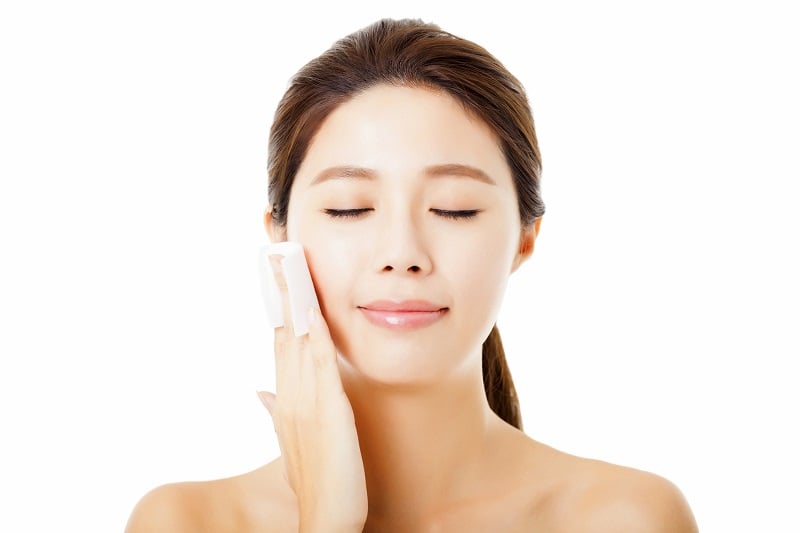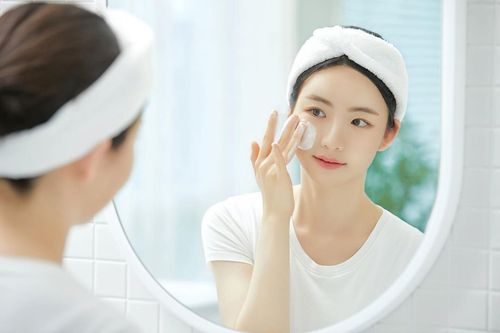Winter is when your skin is most vulnerable. The cold, dry air can cause moisture loss, leading to dry, cracked, itchy, and inflamed skin. To maintain skin health during winter, you need to take some special protective measures. Here are some effective skincare tips you can follow.

Special protective measures are needed to maintain skin health during winter.
1. Daily Moisturizing for Skin Protection
Moisturizing is an essential step in your winter skincare routine. Cold weather tends to dry out the skin, leading to dryness and irritation. Choosing the right moisturizer for your skin type will help keep your skin soft and healthy:
- Oily, Acne-Prone Skin: Opt for lightweight moisturizers with gel or lotion formulations. These are quickly absorbed without clogging pores.
- Dry Skin: Rich, creamy moisturizers provide long-lasting hydration, protecting your skin from dryness and flaking. They create a protective barrier on the skin, preventing moisture loss throughout the day.
- Sensitive Skin: Go for natural, gentle, and non-irritating moisturizers. These products will soothe your skin without causing any reactions.
For best results, apply moisturizer to damp skin immediately after bathing. This helps lock in moisture and soften your skin.
2. Avoid Overusing Soap
Excessive cleansing with soap can strip your skin of its natural protective barrier, leading to dryness and irritation. Soap can also disrupt the skin’s pH balance, making it more sensitive to the environment. Instead, opt for gentle, soap-free cleansers and avoid harsh scrubbing.
3. Limit Hot Showers
While hot showers are tempting during cold days, they can strip your skin of its natural oils, leading to dry, cracked skin. Stick to warm showers instead. Test the water temperature on your wrist—it should feel comfortably warm, not hot. After showering, apply a rich, creamy moisturizer to lock in moisture and prevent dryness.
4. Protect Your Skin from the Sun
Don’t forget that the sun’s rays can still be damaging during winter. Ultraviolet (UV) rays can penetrate through clouds and cause skin damage, accelerating aging and increasing the risk of skin cancer. Use sunscreen with an appropriate SPF, and apply it generously to your face and exposed areas before going out, even in winter.

Choose a sunscreen with the right SPF and apply it to your face and exposed areas.
5. Supplement with Vitamin D if Necessary
With less sun exposure, your body may lack vitamin D. Vitamin D is crucial for skin health, as it supports skin strength and regeneration. Consider taking vitamin D supplements or including vitamin D-rich foods in your diet, as advised by your doctor, to boost your overall health and protect your skin.
6. Seek Professional Help for Persistent Skin Issues
If you’re experiencing persistent dry skin, flaking, itching, or rashes, consult a dermatologist. These symptoms could indicate underlying skin conditions that require medical attention. Timely treatment will help protect your skin and prevent scarring or other complications.



































